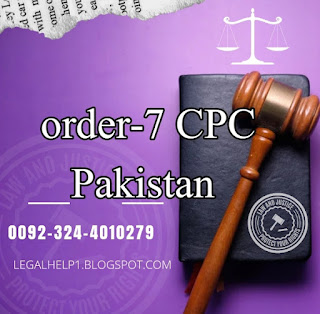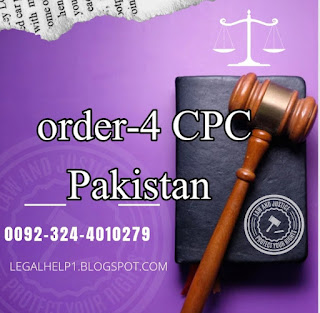Order 10 civil procedure code

Order 10 civil procedure code **Understanding Order 10 of the Civil Procedure Code in Pakistan** Order 10 of the Civil Procedure Code (CPC) in Pakistan is a crucial part of the legal framework that governs civil suits in the country. This order deals specifically with the rules regarding the examination of parties by the court. ### Purpose of Order 10 The primary objective of Order 10 is to facilitate a fair and efficient trial process. It outlines the procedures for the court to ascertain facts and gather evidence by examining the parties involved in a civil case. This helps in ensuring that justice is served based on accurate and comprehensive information. ### Pre-Trial Conference One significant aspect of Order 10 is the provision for a pre-trial conference. The court may direct the parties to appear before it for a conference to clarify issues and streamline the proceedings. This conference aids in identifying points of agreement and disagreement, ultimately saving time during...








